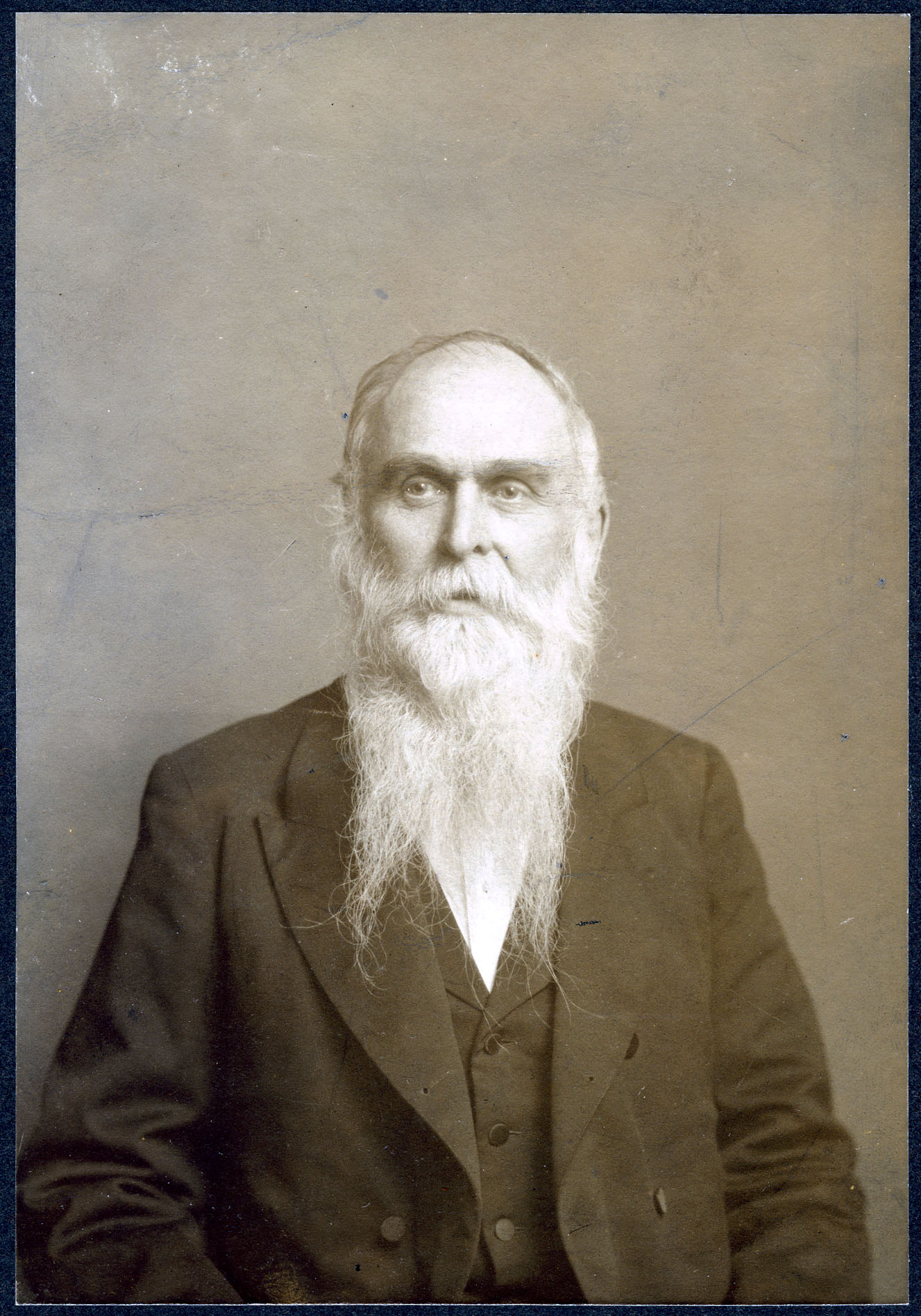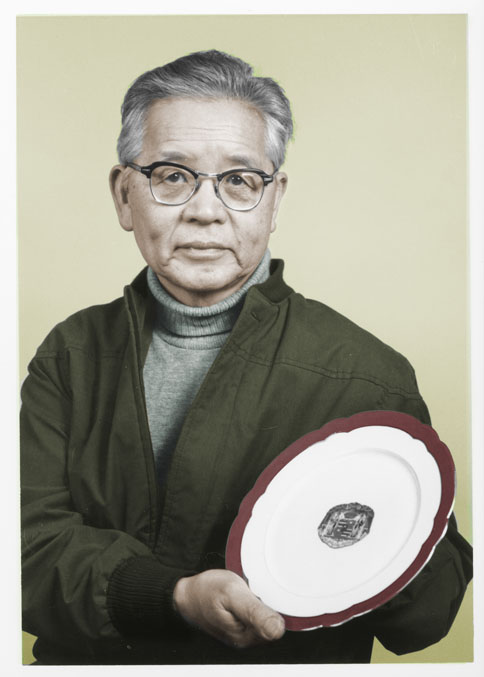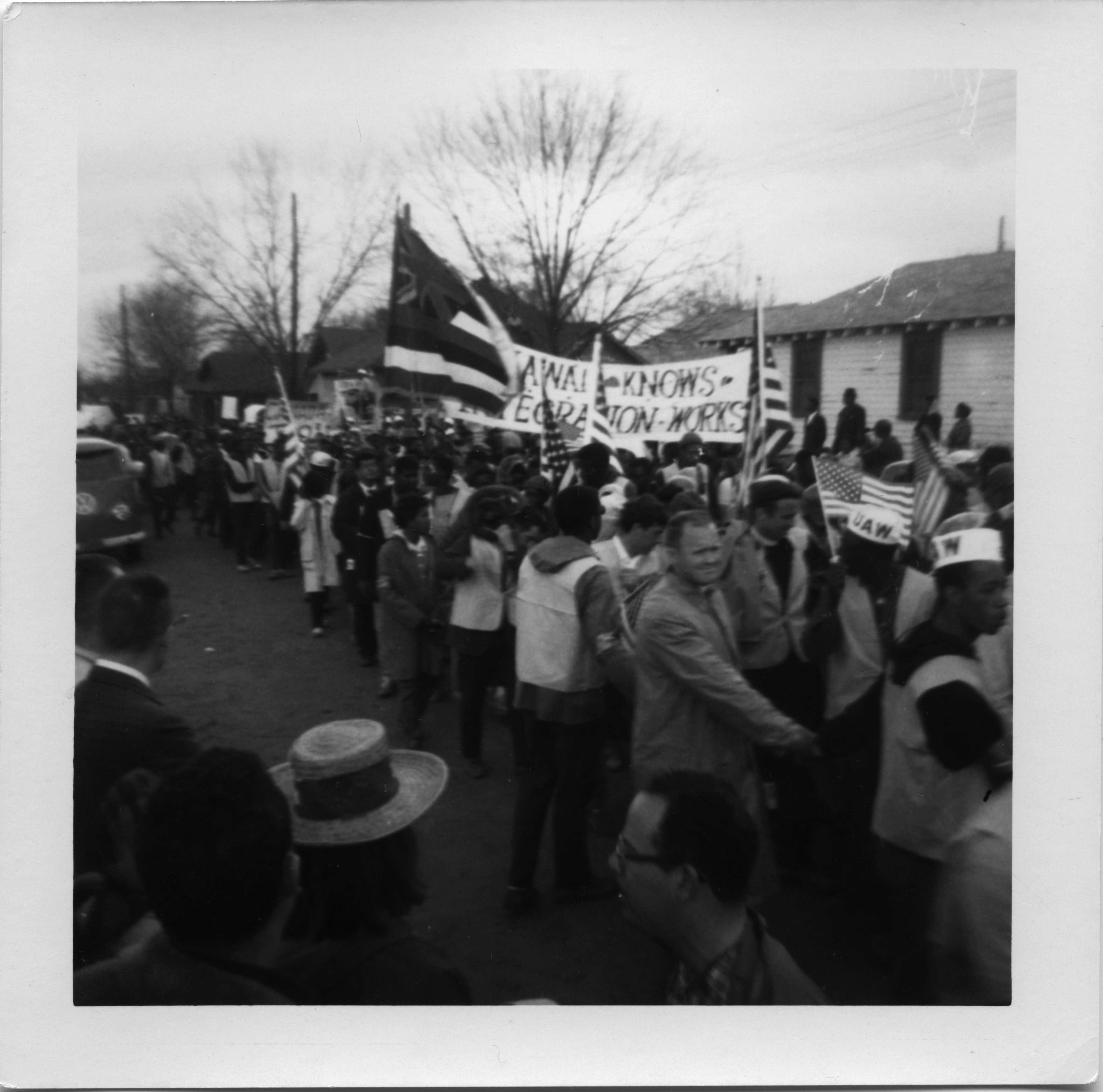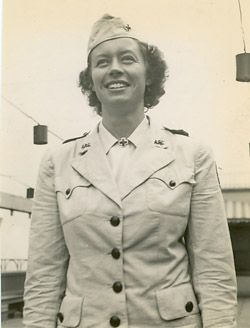Patricia Lee Lewis Photograph Collection
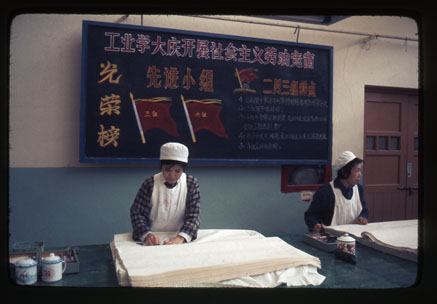
A co-founder of the Valley Women’s Center and the Everywoman’s Center at UMass Amherst, Patricia Lee Lewis has been an important part of the vibrant activist culture in the Pioneer Valley since her graduation from Smith College in 1970, advocating for women, civil rights, peace, the environment, for small farms and rural communities, and for art. Her varied career has included service as Supervisor of Community Development for the Massachusetts Office for Children (1974-1976), as Rural Development Specialist for the Massachusetts Cooperative Extension Service, and as County Commissioner for Hampshire County (1984-1988). After receiving an MFA from Vermont College, she founded Patchwork Farm Writing Retreat in Westhampton in 1992, which offers workshops and retreats in creative writing and yoga.
As a member of a National Women’s Delegation, Lewis visited the People’s Republic of China in 1977. Having been invited by the All China Women’s Federation, Lewis and her colleagues toured the country, seeing the sights and examining the role of women, education, and agriculture, visiting Beijing, Shanghai, Nanjing, Tachai, and Guilin. The many hundreds of photographs she took during the tour are a powerful visual record of the country only a few months after the Gage of Four were arrested and the Cultural Revolution declared ended. The collection also includes approximately 100 photographs taken of agriculture and rural life in Louisiana and Texas in 1979.


